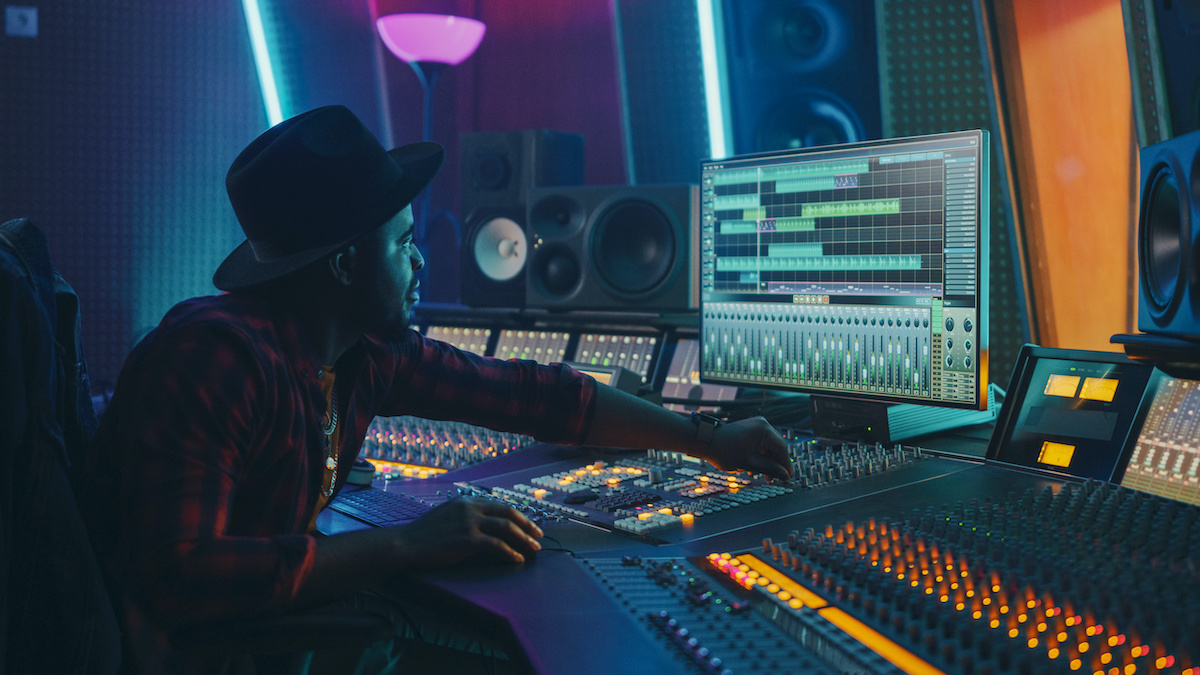
Technology has revolutionized the music industry, providing producers and artists with an array of tools and innovations to enhance their creative process. This article delves into how producers and artists utilize technology to make music, exploring the wide range of possibilities and the impact on the music landscape. With up-to-date data, we shed light on the transformative role of technology in shaping the sound of modern music.
- Digital Audio Workstations (DAWs) and Production Software:
Producers and artists rely on digital audio workstations (DAWs) and production software as the foundation of their music-making process. DAWs such as Ableton Live, Logic Pro, and FL Studio offer a comprehensive suite of tools for recording, editing, and mixing tracks. These software platforms enable artists to manipulate sound elements, experiment with different effects, and layer tracks to create intricate compositions.
- Virtual Instruments and Sample Libraries:
Technology has brought an expansive range of virtual instruments and sample libraries to the fingertips of producers and artists. Software-based synthesizers, drum machines, and orchestral instruments offer endless possibilities for creating unique sounds and textures. Sample libraries provide access to a vast collection of pre-recorded sounds, from vintage vinyl crackles to orchestral ensembles, empowering artists to incorporate diverse elements into their compositions.
- MIDI Controllers and Performance Tools:
MIDI (Musical Instrument Digital Interface) controllers play a crucial role in music production, allowing artists to control software instruments and trigger samples with precision. MIDI keyboards, drum pads, and controllers provide a tactile experience, bridging the gap between digital production and live performance. Artists can express their musical ideas in real-time, adding nuances and dynamics to their compositions.
- Vocal Processing and Auto-Tune:
Technological advancements have transformed the way vocals are recorded and processed. Artists can utilize vocal processing tools to enhance their performances, adding effects such as reverb, delay, or pitch correction. Auto-Tune, a pitch correction software, has become a signature sound in contemporary music, enabling artists to achieve a polished and precise vocal performance.
- Collaboration and Remote Recording:
Technology has revolutionized the collaboration process in music production. Artists and producers can work together remotely, leveraging cloud-based platforms and file-sharing services to exchange ideas, tracks, and feedback. This has opened up new avenues for global collaboration and allowed artists to access talent from around the world, breaking geographical barriers and fostering a vibrant global music community.
Technology has empowered producers and artists to push the boundaries of music creation and unlock new realms of creativity. From digital audio workstations and virtual instruments to MIDI controllers and vocal processing tools, the marriage of technology and music has revolutionized the production process. As technology continues to advance, it offers an ever-expanding toolkit for artists to experiment, innovate, and shape the sound of music. With these technological advancements, the future of music creation is filled with endless possibilities and opportunities for artists to express their unique vision.


